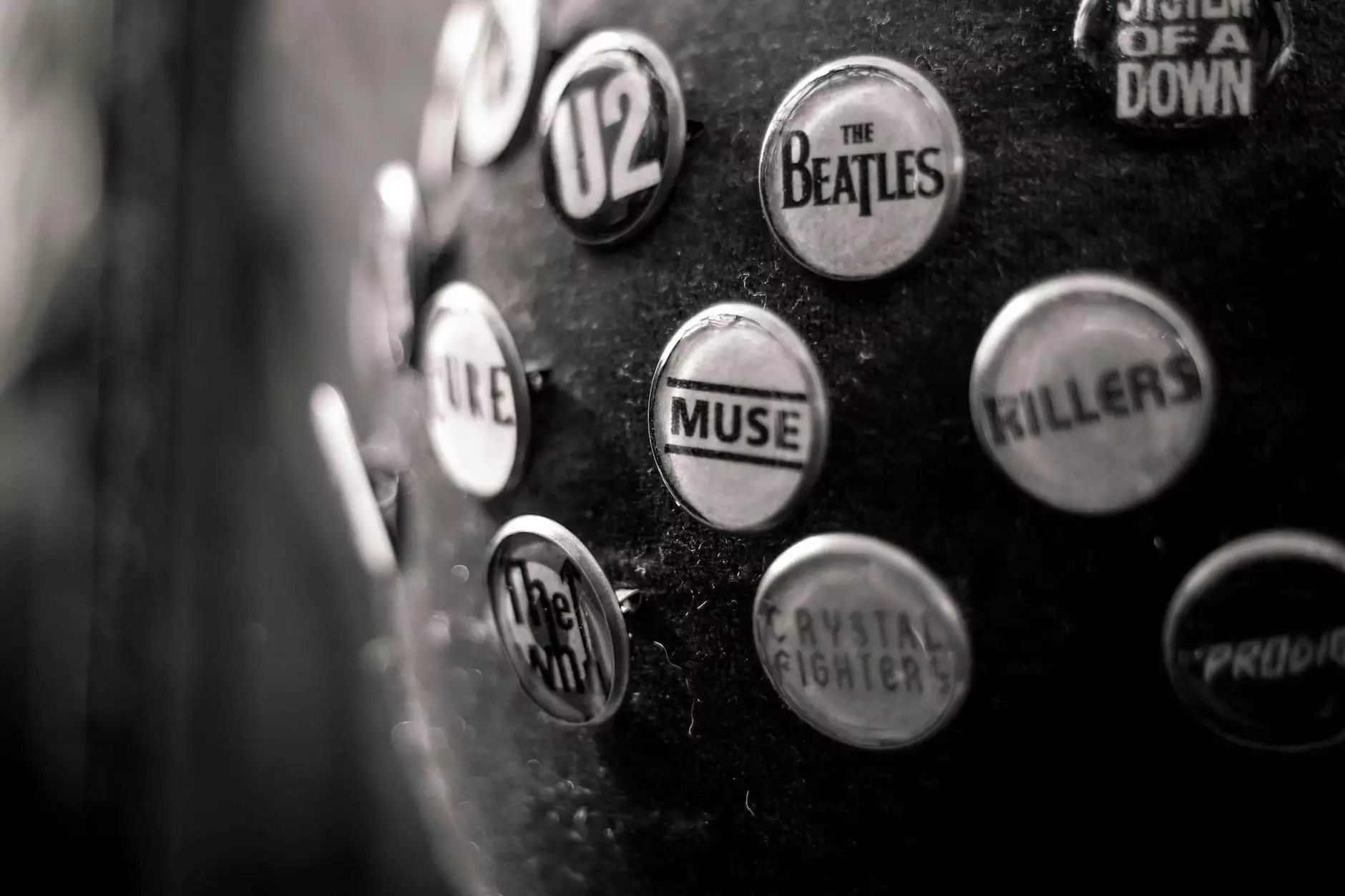The Magnificent Kaaba: Unveiling Intriguing Facts

Introduction
The Kaaba, also known as the "House of God," stands as a sacred focal point in Islam, attracting millions of pilgrims each year. Delve into its profound history and significance with us as we uncover captivating kaaba facts that showcase its timeless allure.
The Origin of the Kaaba
Located in the heart of the Masjid al-Haram in Mecca, Saudi Arabia, the Kaaba is revered as the holiest site in Islam. According to Islamic tradition, this cubic structure was constructed by the Prophet Ibrahim and his son Isma'il, with its foundations dating back to ancient times.
The Black Stone
Embedded in the eastern corner of the Kaaba lies the Black Stone, believed to have been given to Prophet Ibrahim by the angel Gabriel. Pilgrims from around the world eagerly seek to kiss or touch this sacred stone as a symbol of their devotion and adherence to faith.
Significance of Circumambulation
One of the sacred rituals performed during the Hajj pilgrimage is the Tawaf, where pilgrims walk around the Kaaba seven times counterclockwise. This act symbolizes the unity of worshippers in their devotion to Allah and their submission to His will.
The Mystical Zamzam Well
Near the Kaaba lies the Zamzam Well, renowned for its holy water that quenches the spiritual thirst of pilgrims. The well holds immense significance in Islamic history, tracing its origins back to the Prophet Isma'il and his mother, Hagar.
Modern Restorations and Renovations
Throughout history, the Kaaba has undergone several renovations to preserve its architectural integrity and historical legacy. The Saudi government has taken meticulous care in maintaining the sanctity of this sacred site, ensuring pilgrims can continue to experience its divine presence.
Conclusion
In conclusion, the Kaaba stands as a symbol of unity, faith, and devotion for Muslims worldwide. Its rich history, spiritual significance, and enduring mystique make it a beacon of hope and inspiration for all who seek solace in the embrace of divine grace.
Explore more captivating articles on travel, culture, and history on The Broad Life.



